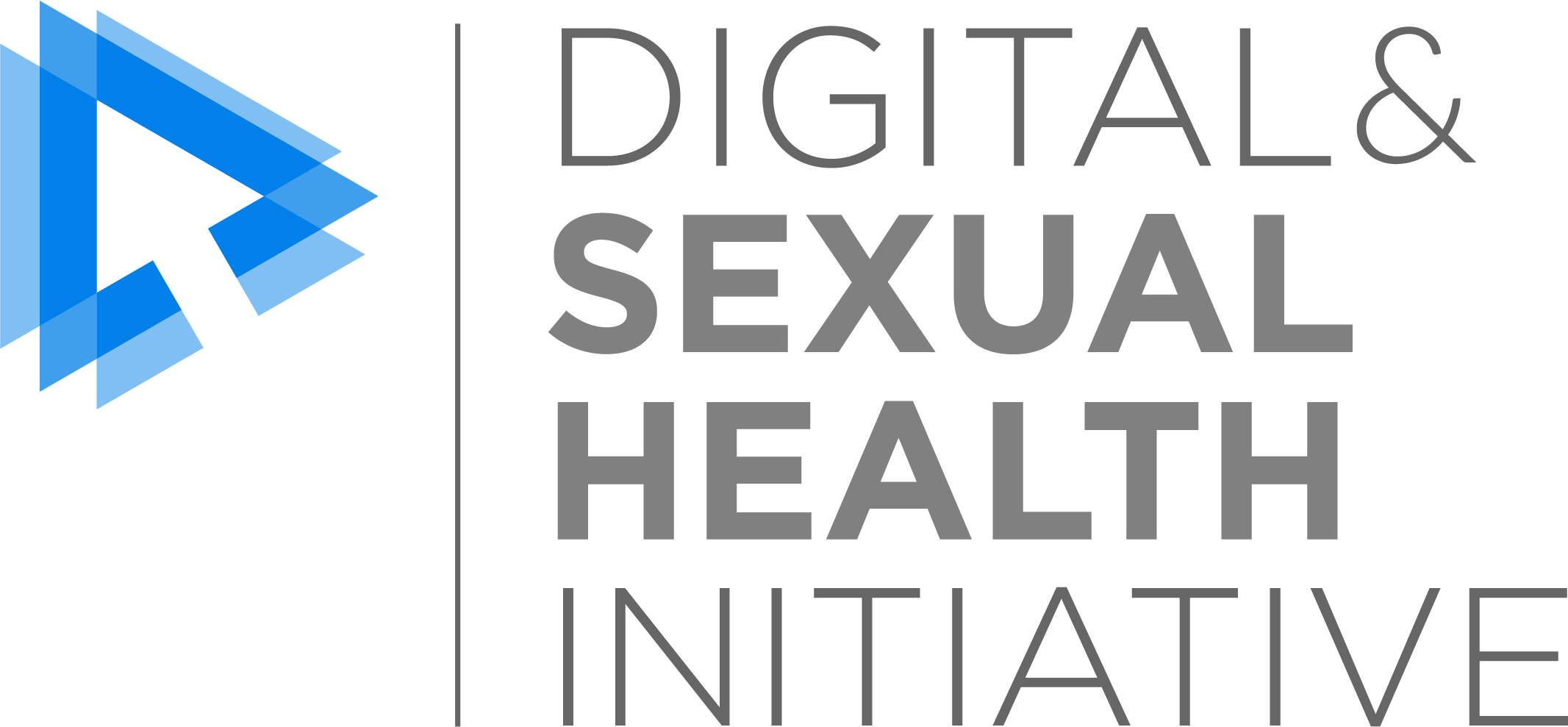On the imperative of thinking through the ethical, health equity, and social justice possibilities and limits of digital technologies in public health
Research theme(s)
Digital Health
Oralia Gómez-Ramírez, Ihoghosa Iyamu, Aidan Ablona, Sarah Watt, Alice X. T. Xu, Hsiu-Ju Chang, Mark Gilbert.
Canadian Journal of Public Health. Published online first: Mar 16, 2021. doi: 10.17269/s41997-021-00487-7
The COVID-19 pandemic has demonstrated both the positive and negative use, usefulness, and impact of digital technologies in public health. Digitalization can help advance and sustain the core functions of public health, including health promotion and prevention, epidemiological surveillance, and response to emergent health issues. Digital technologies are thus—in some areas of public discourse—presented as being both necessary and inevitable requirements to address routine and emergency public health issues. However, the circumstances, ways, and extent to which they apply remain a subject of critical reflection and empirical investigation. In this commentary, we argue that we must think through the use of digital technologies in public health and that their usefulness must be assessed in relation to their short- and long-term ethical, health equity, and social justice implications. Neither a sense of digital technological optimism and determinism nor the demands of addressing pressing public health issues should override critical assessment before development and implementation. The urgency of addressing public health emergencies such as the ongoing COVID-19 pandemic requires prompt and effective action, including action facilitated by digital technologies. Nevertheless, a sense of urgency cannot be an excuse or a substitute for a critical assessment of the tools employed.
